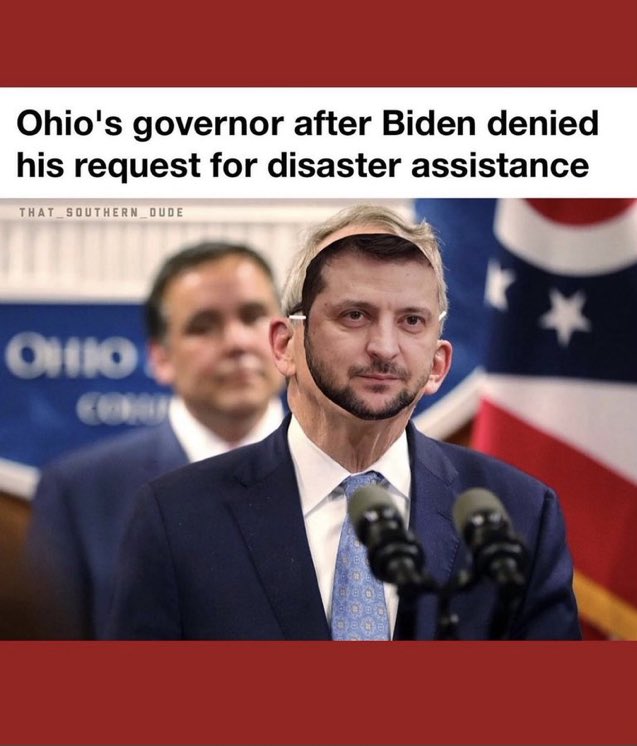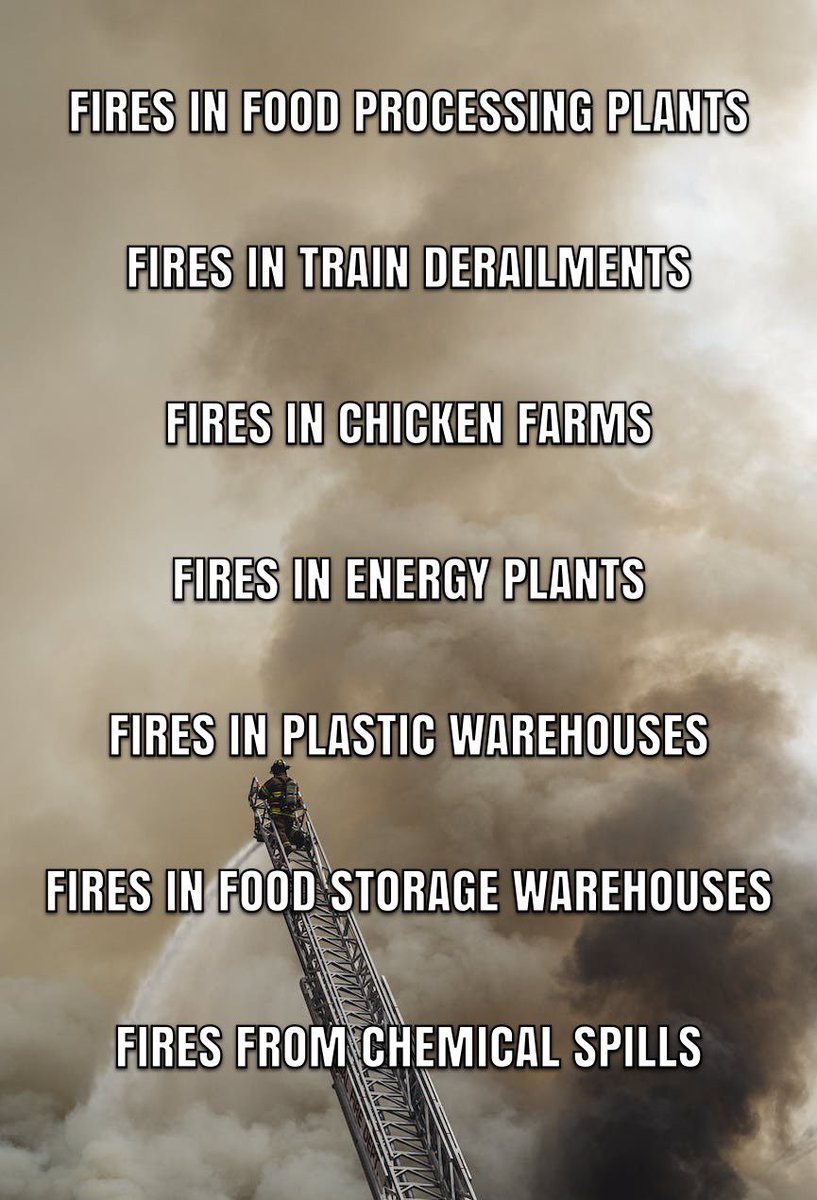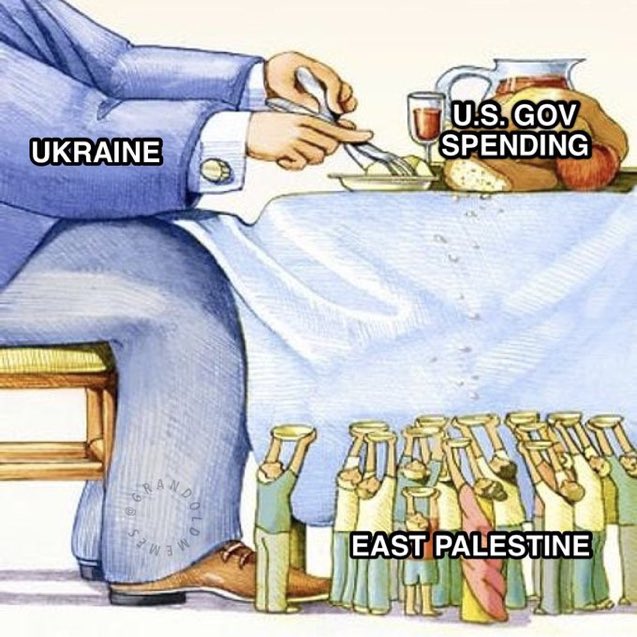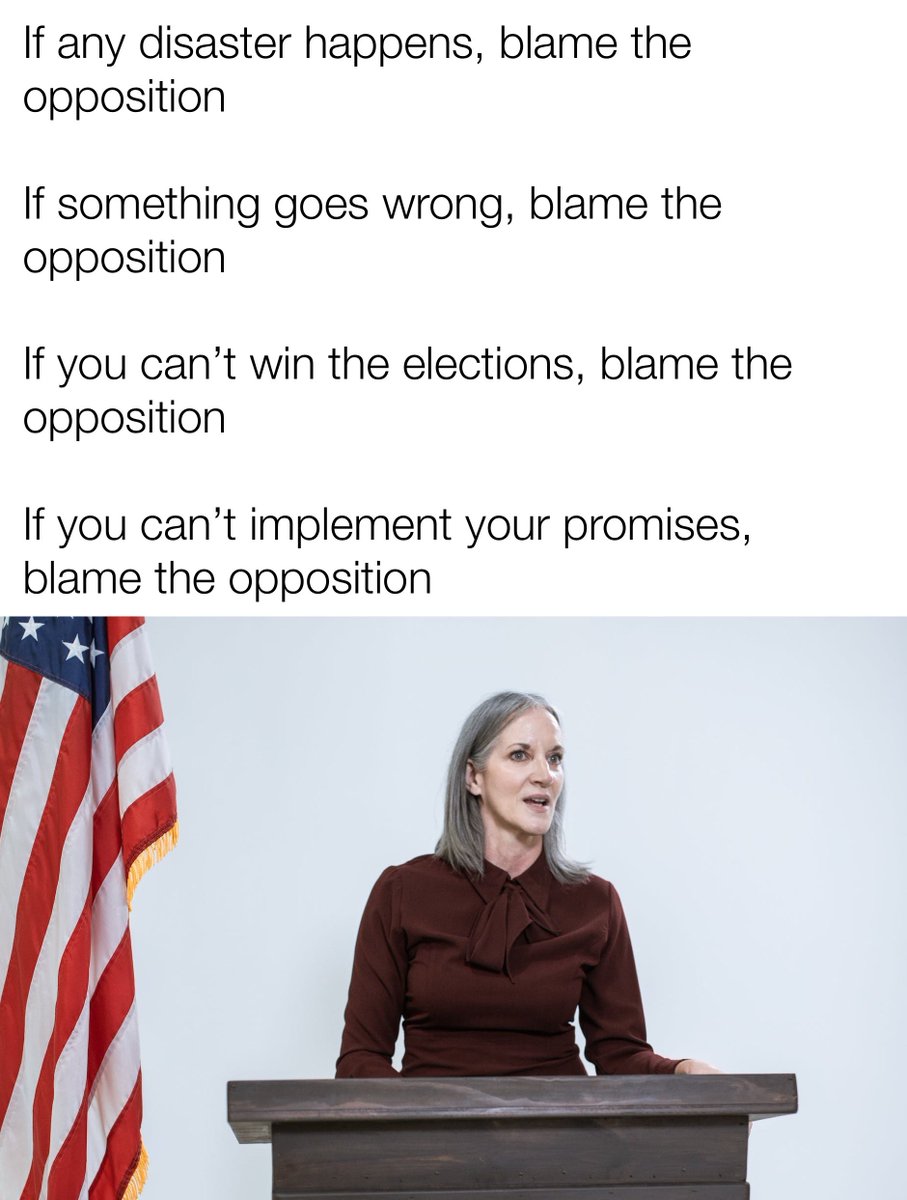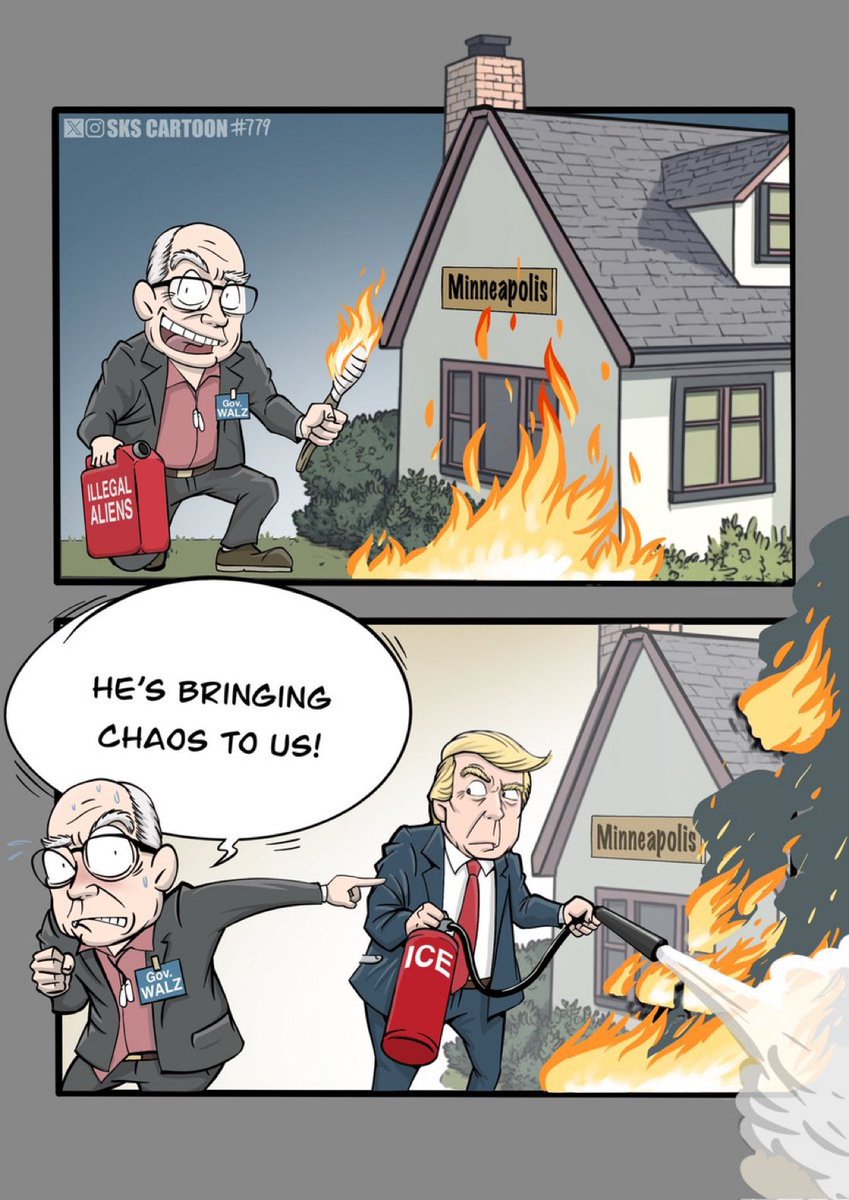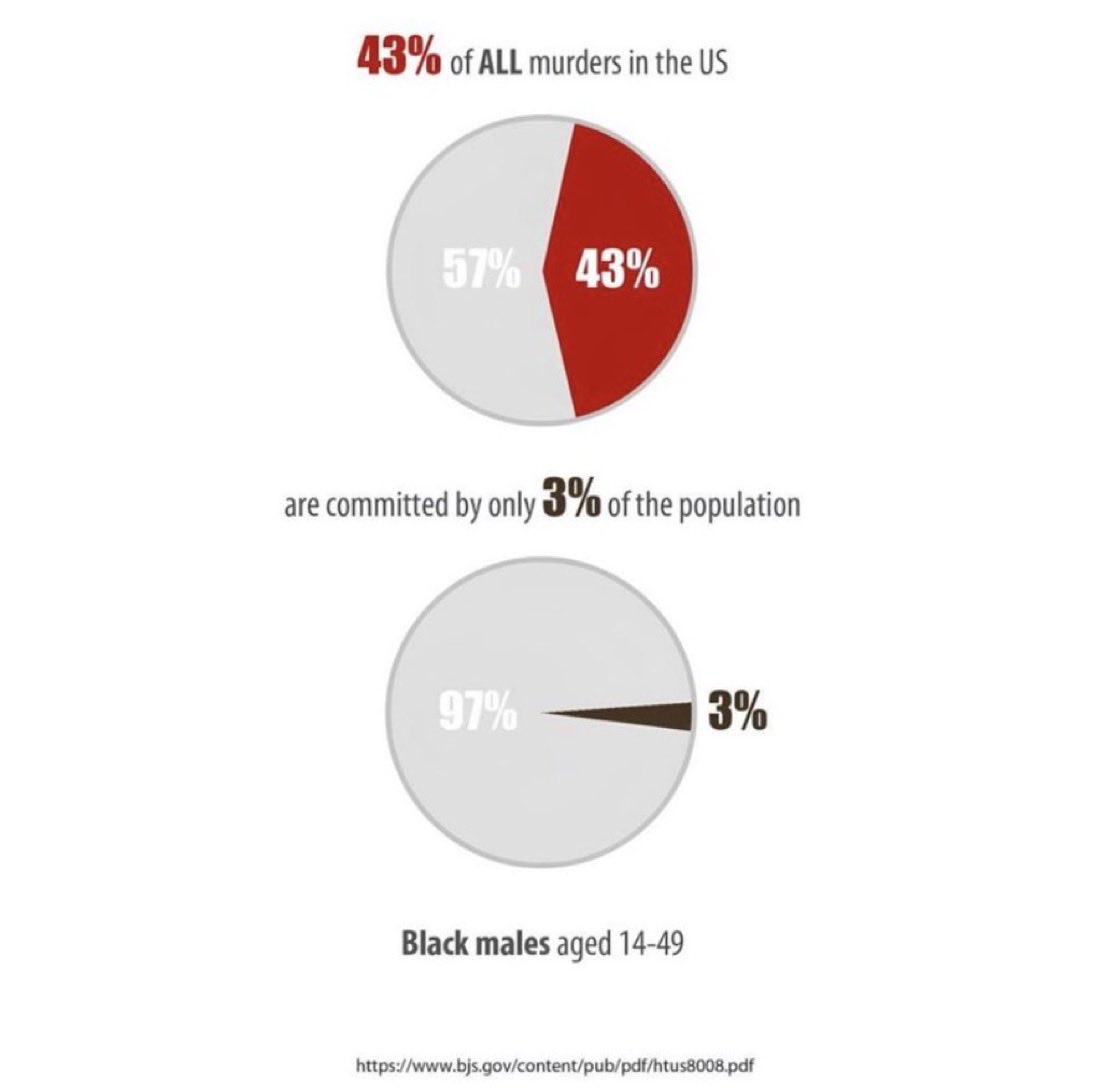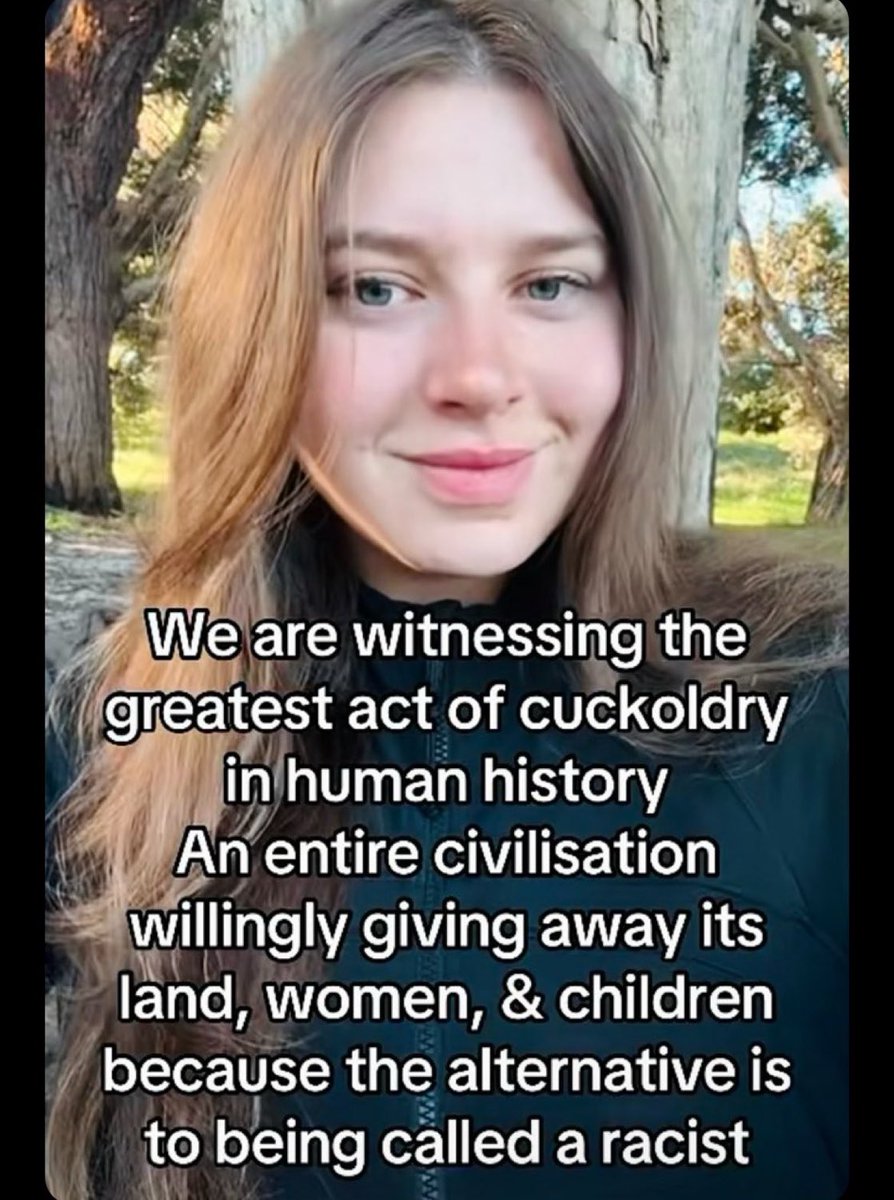Politicians are so blatantly corrupt in many ways. Some seek re-election repeatedly despite the fact that they messed things up, didn’t implement anything they promised.
It’s people to blame for getting them elected. Helping other countries while ignoring your own has been the… twitter.com/i/web/status/1…
It’s people to blame for getting them elected. Helping other countries while ignoring your own has been the… twitter.com/i/web/status/1…

Here’s from the prev thread
https://twitter.com/DeepBlueCrypto/status/1626353607929917441
Here’s the prev thread
https://twitter.com/DeepBlueCrypto/status/1623408335235043333
Despite windfall profits for Norfolk Southern and $1.2 trillion “infrastructure” bill for Buttigieg, they have done nothing to protect our communities, with over 1,000 derailments in 1 year!
THEY DON’T CARE ABOUT YOU. THEY CARE FOR THEMSELVES AND … twitter.com/i/web/status/1…
THEY DON’T CARE ABOUT YOU. THEY CARE FOR THEMSELVES AND … twitter.com/i/web/status/1…
PA Governor Josh Shapiro signed off on the #ControlledBurn in Ohio East Palestine. Apparently what they said was a success, turned out to be anything but that 🤷♂️
#BuildBackBetter
#OhioTrainDisaster
#OhioChemicalDisaster
⚫️ See No Evil
⚫️ Hear No Evil
⚫️ Talk No Evil
#OhioTrainDisaster
#OhioChemicalDisaster
⚫️ See No Evil
⚫️ Hear No Evil
⚫️ Talk No Evil

When they block lawsuits, they are guilty
When they have immunity, they are hiding truth
When they say its #SafeAndEffective, it's not
When they have immunity, they are hiding truth
When they say its #SafeAndEffective, it's not
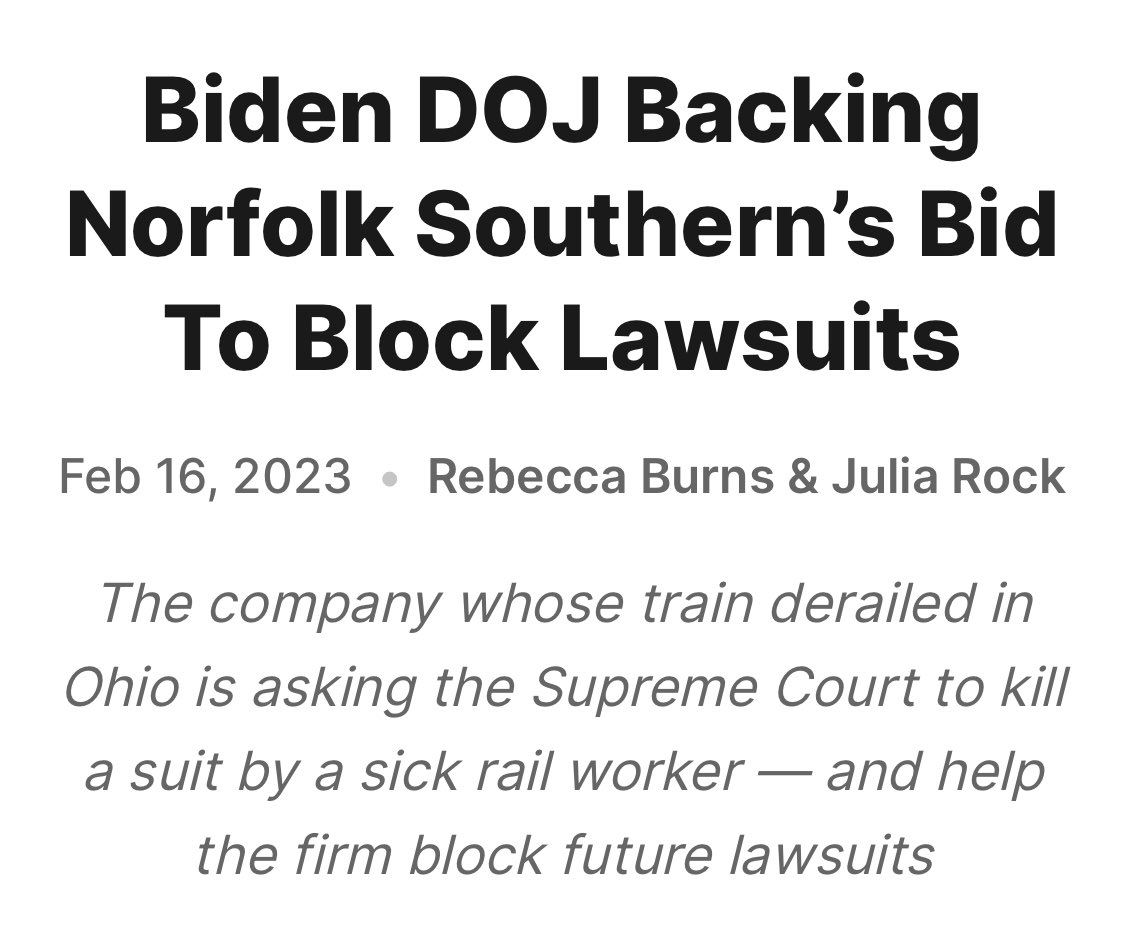
Our Needs:
We want secure borders, clear skies, clean water & air, reduced debt, zero drugs, low inflation, no wars & funding wars, no unnecessary spending, no pronouns, no indoctrination in schools, energy independence, no covert operations, no #MilitaryIndustrialComplex, no… twitter.com/i/web/status/1…
We want secure borders, clear skies, clean water & air, reduced debt, zero drugs, low inflation, no wars & funding wars, no unnecessary spending, no pronouns, no indoctrination in schools, energy independence, no covert operations, no #MilitaryIndustrialComplex, no… twitter.com/i/web/status/1…

With a capable president:
- The most powerful building on earth
With Joe Biden in it:
- The most expensive nursing home
- The most powerful building on earth
With Joe Biden in it:
- The most expensive nursing home

• • •
Missing some Tweet in this thread? You can try to
force a refresh


